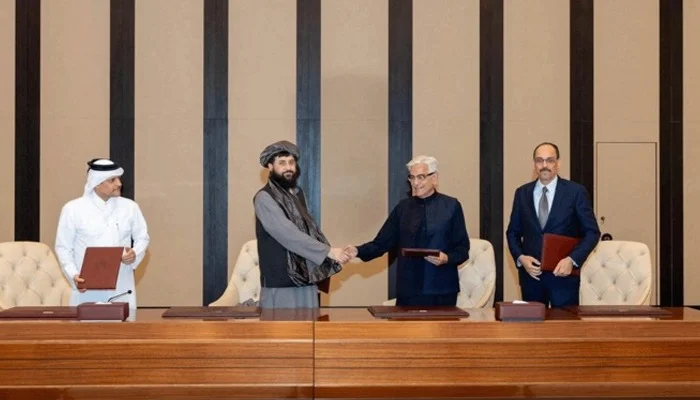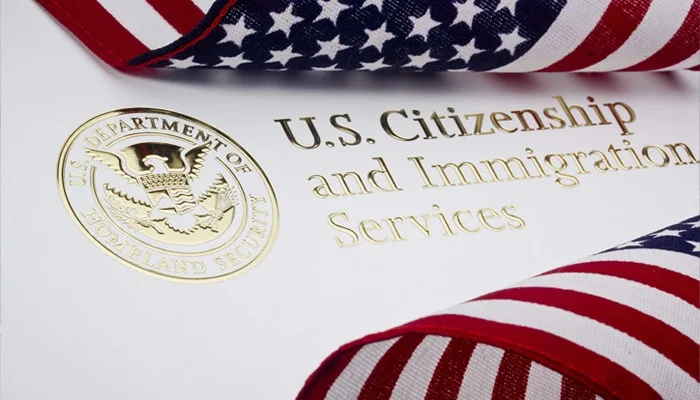The London-based Jammu & Kashmir Council for Human Rights (JKCHR) has filed a report with the United Nations to raise the issue of some 400 Pakistani women stranded in India for over a decade.
Most of these women hail from the Pakistani side of Kashmir, and were married to Kashmiri freedom fighters who crossed over from the Indian side during 1990s.
These families moved back to Indian-Occupied Kashmir in the wake of a thaw in Pakistan-India relations during the early 2000s, and got stuck there when relations between the two countries took another dip.
JKCHR, which is headed by known lawyer and writer, Dr Syed Nazeer Gillani, has been pursuing the case of Indian atrocities in Kashmir at the UN for nearly three decades.
It has now filed a case at the UN and its Human Rights Council (UNHRC) about these stranded women, praying the world body to raise this issue with the Indian government and ask it to provide citizenship and/or travel documents to the women so that they can visit their families on the Pakistani side, or, if they so desire, to move back to their erstwhile homes for good.
In this regard, the JKCHR has also requested the UN to ask for cooperation from the Pakistani High Commission in Delhi, and also mobilise the International Committee of the Red Cross (ICRC) for protection and rescue operations where needed.
The UNHRC session started on Monday and will continue until 10 October.
According to a report submitted by the JKCHR at the UNHRC, the council has been able to “track down 200 stranded women who are citizens of Azad Kashmir, Pakistan Administered Kashmir, and their 300 children.”
Additionally, the council has identified 40 women who hail from the Pakistani mainland, and their 120 children.
All these women married the freedom fighters from the Indian side of the Line of Control (LoC) who crossed into Pakistan during an anti-India insurgency that hit Kashmir during 1988-90.
Most of them gave up the gun when the insurgency ran into a stalemate, and started a normal life on the Pakistani side, convinced that they will never see their parental homes again, says Arif Bahar, a senior journalist based in Muzaffarabad.
Things changed after 2008 when Pakistan-India relations eased and formal as well as backdoor peace negotiations started, including measures to rehabilitate families of uprooted former militants.
This is when many former fighters who had taken local Kashmiri or Pakistani wives decided to return to their homes – mainly by air travel via Nepal, Bangladesh and other destinations as the post-1990 fighters were not allowed to travel on the bus service which the two countries had started between Muzaffarabad and Sri Nagar, Arif Bahar says.
Pak-India relations hit the rocks again after the 2016 killing of a freedom activist in Indian Kashmir, Burhan Wani, and have continued to worsen since then, bringing cross-LoC travel in Kashmir to a virtual halt.
The women from the Pakistani side who married Indian Kashmiri husbands have been the worst hit.
According to the JKCHR report filed with the UNHRC, at least three such women have committed suicide so far, five have been divorced while 15 have been widowed.
The numbers could be much higher, but all the affected women are not contactable, the report says.
Some protests held by these women to demand that they may either be granted local citizenship or allowed to travel back to their homes across the LoC have led to “police violence” against them.
These women, including those widowed and left without any means of livelihood, have been denied the issuance of travel documents.
“It is important that Human Rights Council intervenes so that these women are granted citizenship rights and travel documents. They have not been able to travel for the last many years,” The report says.
“The Council and the United Nations High Commissioner for Human Rights could consider involving International Committee of the Red Cross and negotiate with the Government of India (for) a safe return of these women and children to their respective families in Pakistan and Azad Kashmir (Pakistan Administered Kashmir).”
It further says: “(The) Council could take urgent steps to secure these women from a loss of their rights and from indignity. Pakistani High Commission in Delhi could play an important role and issue provisional travel documents (to them).”





















